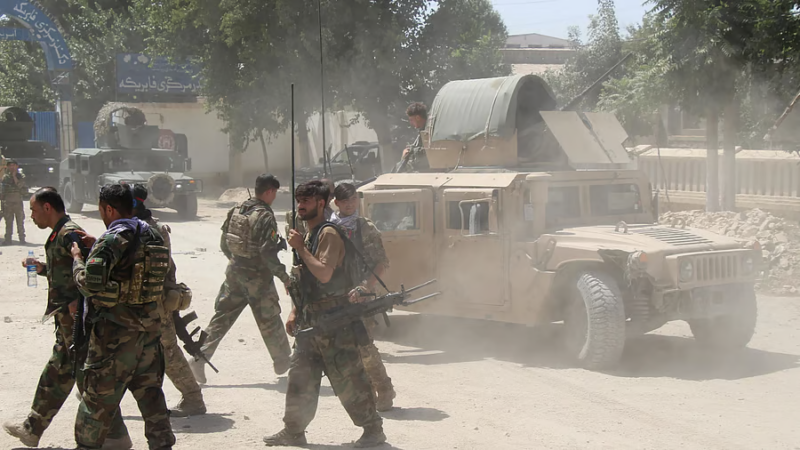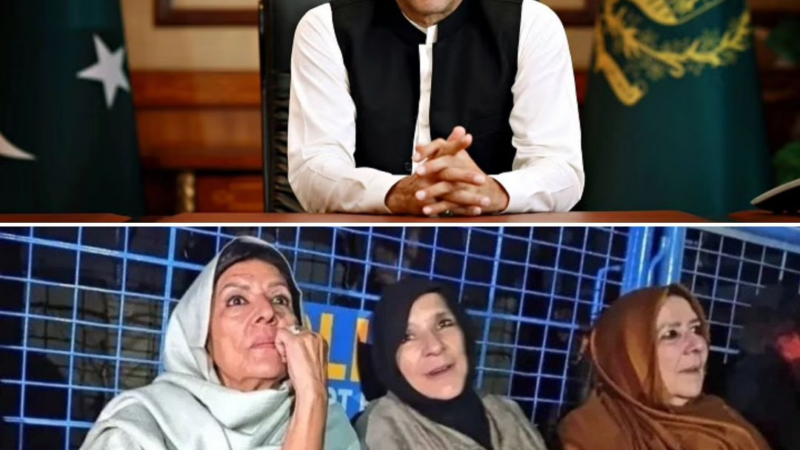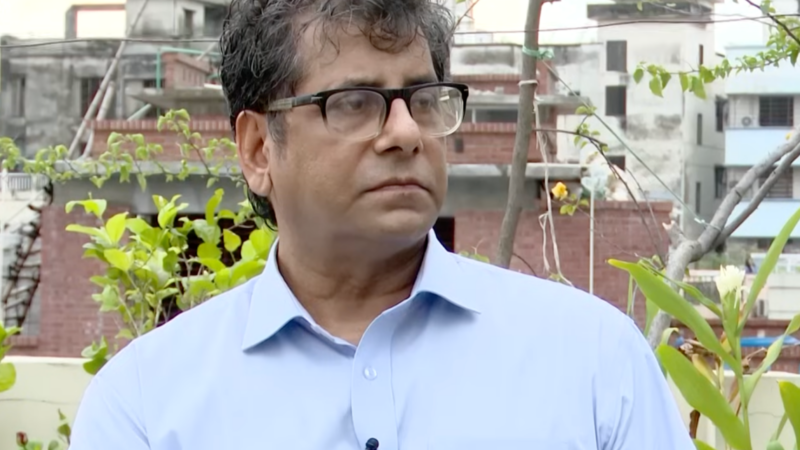Sheikh Muhammad Ali Hamadi, the FBI’s most sought terrorist and head of Hezbollah, was shot and killed.

The Hezbollah leader was outside his home in the Bekaa valley when unidentified gunmen arrived in two vehicles, opened fire on Hamadi, killing him on spot.
Hezbollah top leader Sheikh Muhammad Ali Hamadi has reportedly been shot dead inside his home. The Jerusalem Post reported that the Hezbollah leader ‘most wanted’ by FBI was shot dead by unknown gunmen. The Hezbollah leader was outside his home in the Bekaa valley when unidentified gunmen arrived in two vehicles, opened fire on Hamadi, killing him on spot.
No group or individual has yet claimed responsibility for the attack.
According to Federal Bureau of Investigation, Mohammed Ali Hamadi was indicted for his role and participation in the June 14, 1985, hijacking of a West German airplane which resulted in the assault on various passengers and crew members, and the murder of one United States citizen.
“Hamadi is an alleged member of the terrorist organization, Lebanese Hizballah. He is thought to be in Lebanon”, reads
An-Nahar reported that the assassination was not political in nature and was instead motivated by a four-year-old family feud.
Sheikh Muhammad Ali Hamadi served as the commander of Hezbollah’s western al-Baqaa region.
According to local media reports, Lebanese authorities have opened a probe into the incident after suspicion of years-long family feud.
Hezbollah had played a significant role in the recent Israel-Gaza conflict by launching a series of rocket attacks against Israeli targets in solidarity with Hamas, particularly following the outbreak of hostilities in October 2023.
This prompted Israel to escalate its operations against Hezbollah, leading to heavy bombardments in southern Lebanon and the targeting of key Hezbollah leadership, which ultimately resulted in a fragile ceasefire agreement brokered in November 2024.
The Middle East conflict remains tense even in 2025, with a fragile ceasefire between Israel and Hamas established on January 19 after over a year of violence. While the ceasefire has reduced immediate hostilities, Israel plans to maintain its military presence in Gaza, and tensions persist over West Bank annexation.
Internal Palestinian negotiations between Hamas and Fatah remain unresolved, adding to the uncertainty.
Broader regional instability continues, with Syria’s civil war creating a power vacuum and Iran’s nuclear ambitions heightening tensions.
Israeli strikes on Iranian ‘proxies’ also risk escalating violence in Lebanon and Yemen, while geopolitical unrest threatens global energy markets and economic stability.






